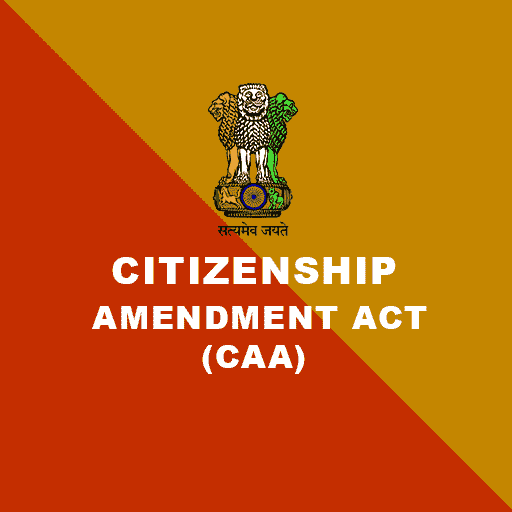What is Democracy? Evaluate pluralist theory of Democracy.
Democracy is a government of the people, for the people and by the people. Macpherson, democracy is merely a mechanism for choosing and authorizing governments or in some other way getting laws and political decisions made. Democracy is associated with participation, competition and civil and political liberates. Historically, it has been defended on grounds of fundamental values such as equality liberty, moral self development, social utility, satisfaction of wants, efficient decisions etc.
Apart from the Elite Theory, modern democratic theory has another dimension which known, as the Pluralist Theory of Democracy. The elitist and the pluralist theories of democracy are distinguished as two types of democracy but there are important inter-connections between the two and the writings of some theorists contain on amalgam of both.
The pluralist theory of democracy was a reaction against the non democratic character of elitism. The pluralist theory of democracy was formulated as part of the rejection of the elitist analysis of politics. Whereas elite theory believed that the masses were incapable of making decisions on major issues, the pluralist democracy, recognizing the inadequacies of the electoral process called for other means of eliciting the will of the people.
The pluralist theory of democracy has been supported by a number of American political scientists such as S.M. Upset, Robert Dahl, V. Presthus, F. Hunter etc. According to these writers, political power is divided among diverse interest groups, associations, classes and organization in the society and elites which lead them. These groups raise their demands directly or through the mediating agencies of political parties. Pluralist democracy means a political system in which policies are made by mutual consultation and exchange of opinions between various groups so that no groups or elite is so powerful as to dominate the government to such an extent that it may implement all its demands completely. The theory believes that power should be shared by all groups in the society and all organizations and groups must have their share in the policy making. No, social class should really control the machinery of the government to the total exclusion of other competing classes or groups.



